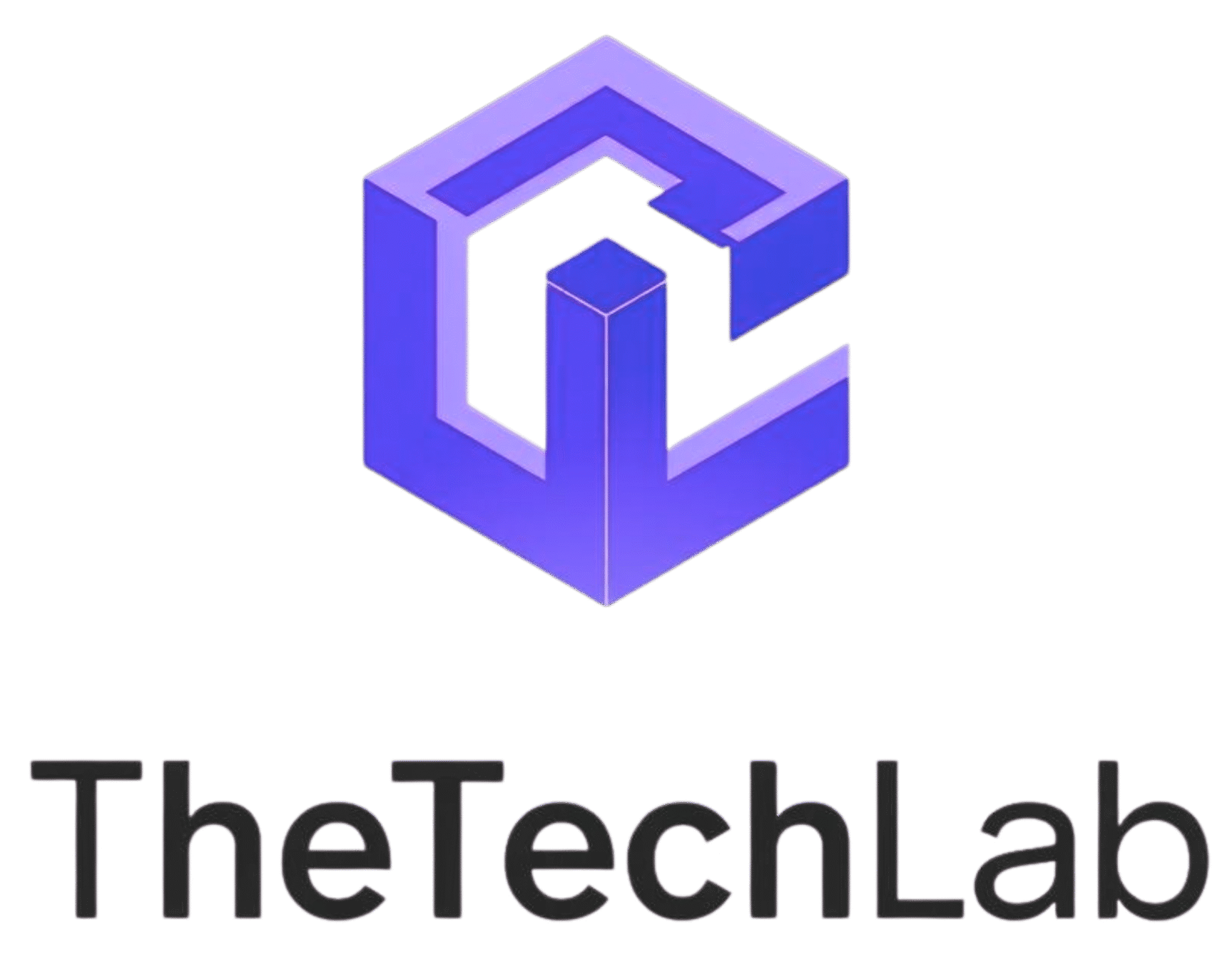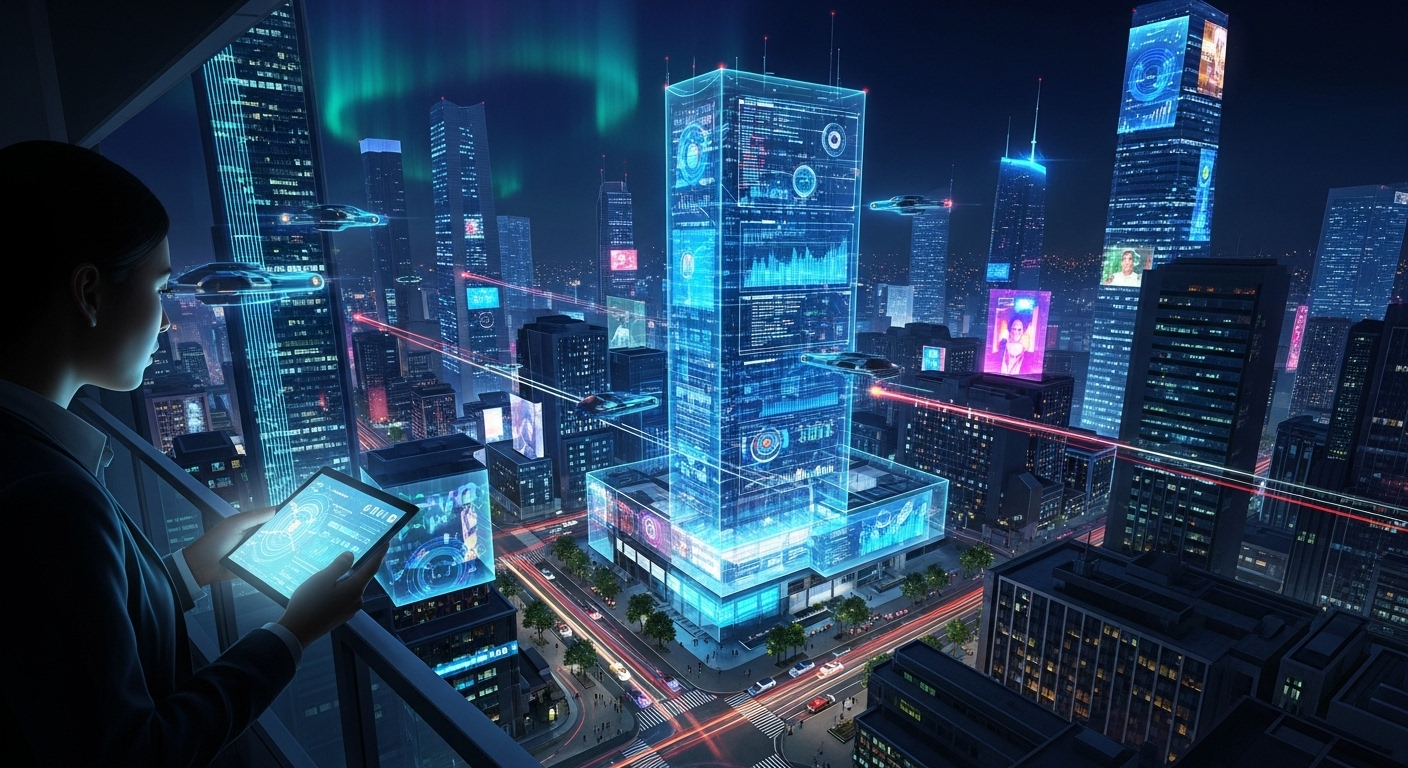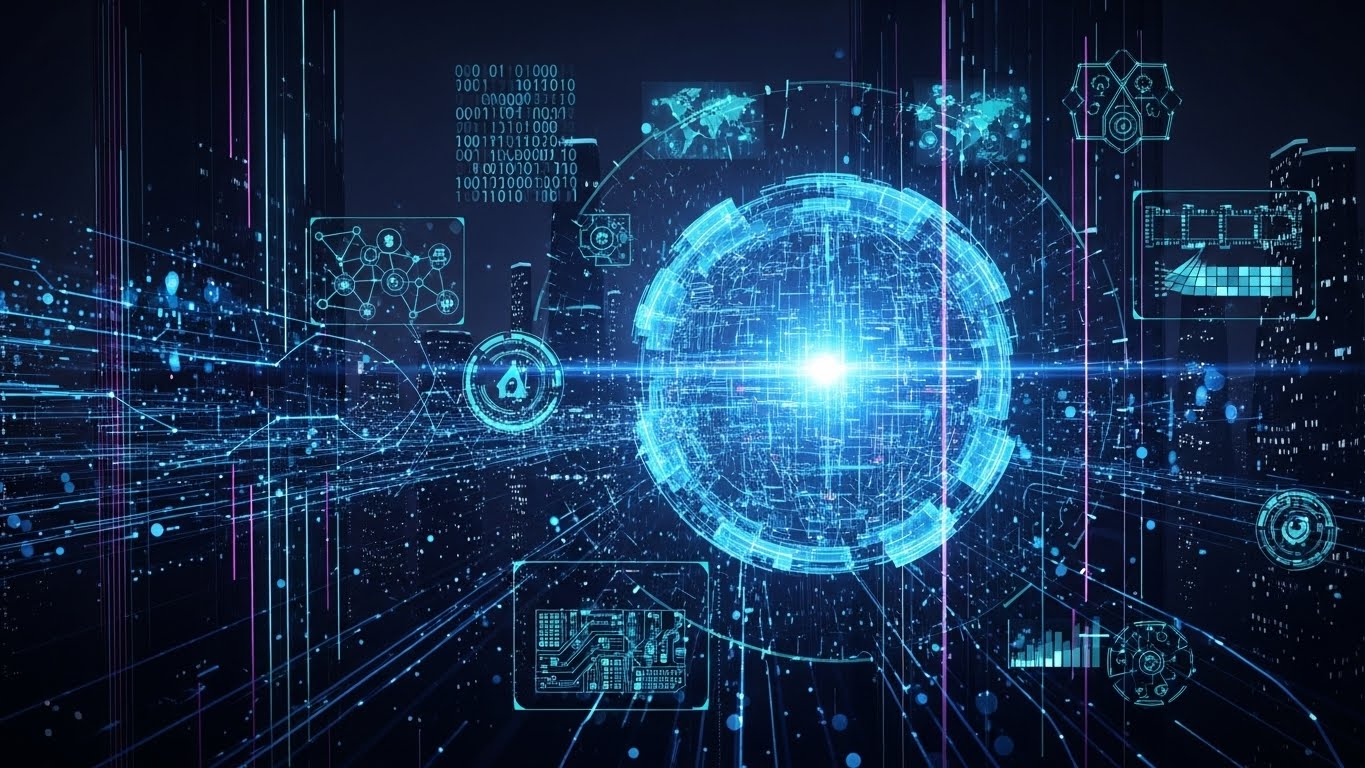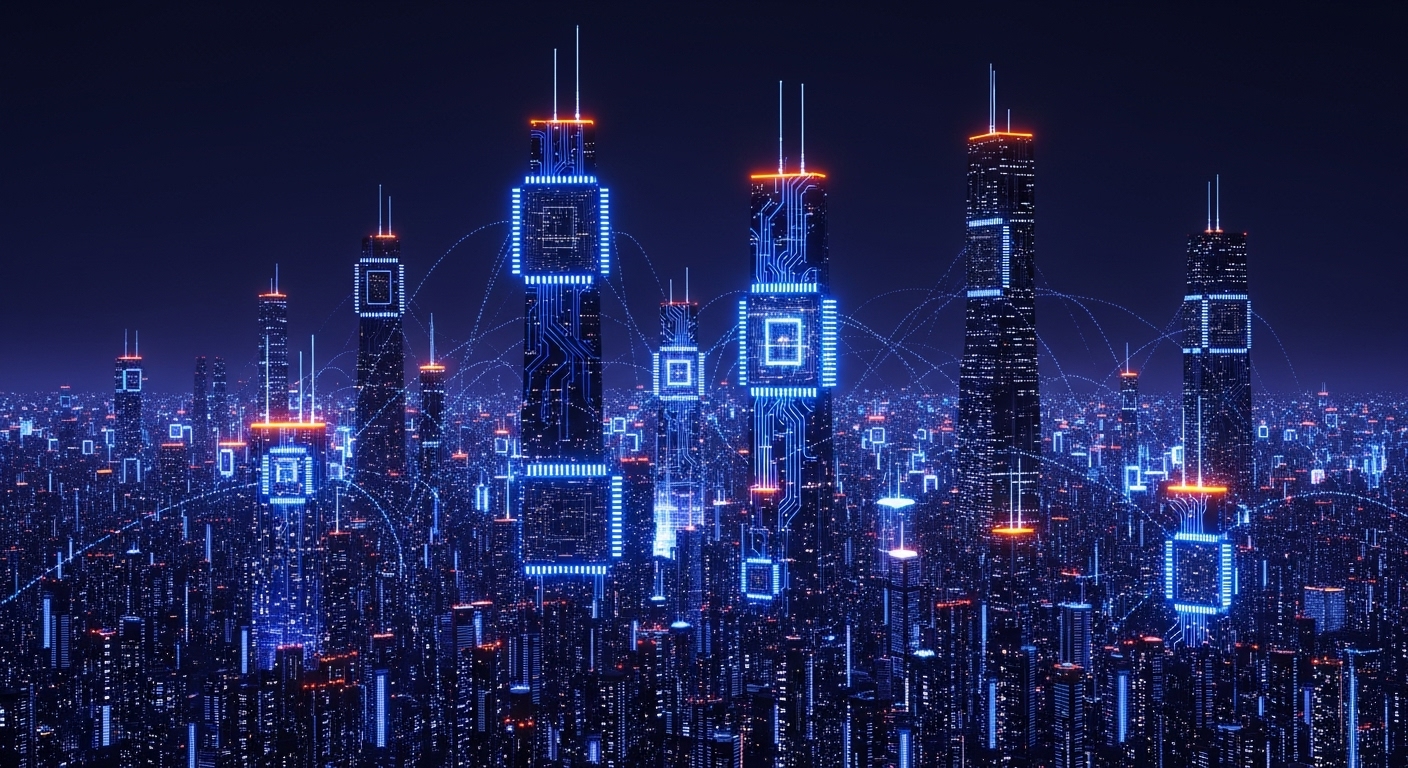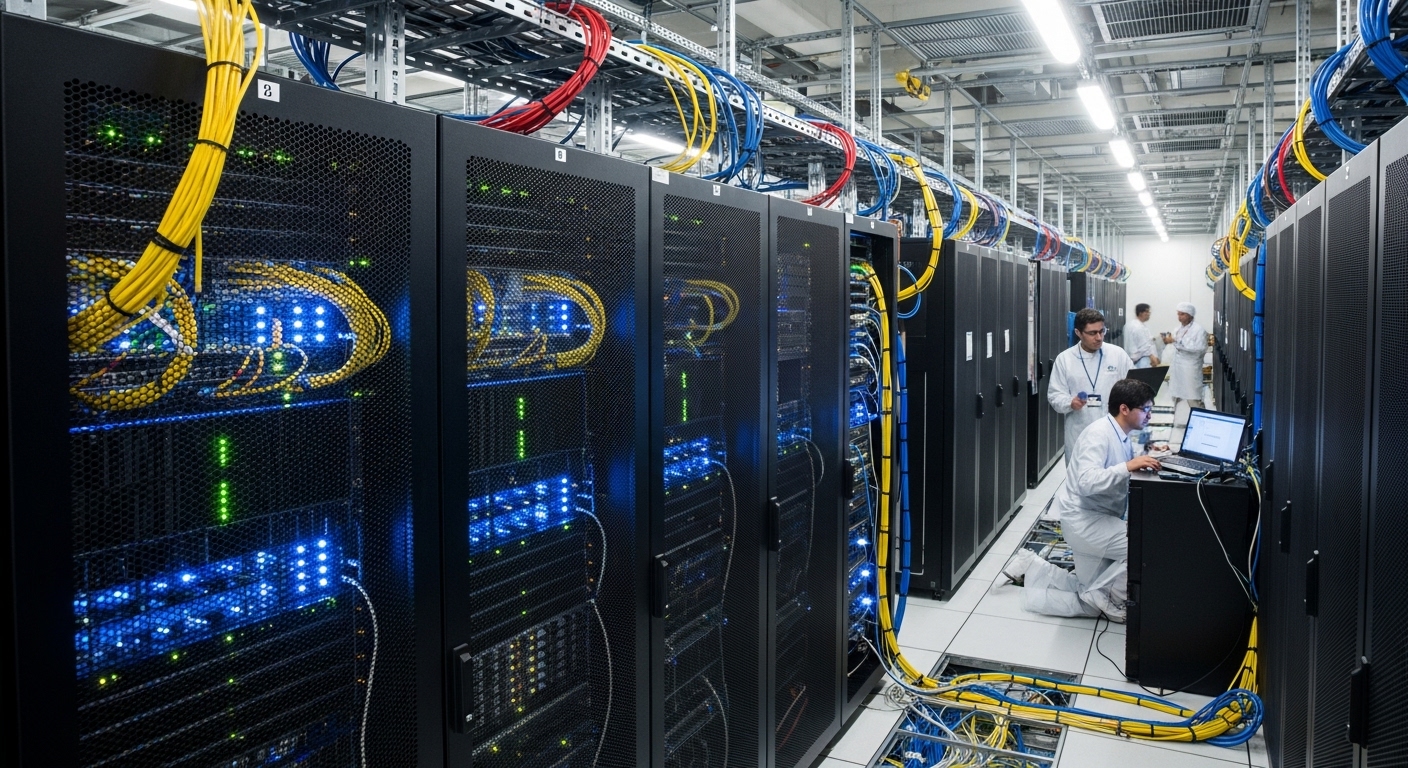Technology continues to advance at an astonishing pace, and what once seemed like science fiction is rapidly becoming a reality. In 2025, several futuristic concepts are stepping out of the imagination and entering our daily lives, reshaping the way we work, live, and interact. From artificial intelligence breakthroughs to advanced transportation systems, these innovations are not just concepts—they are transforming the world around us.
AI-Powered Personal Assistants
Artificial Intelligence has evolved far beyond simple voice commands and basic automation. In 2025, AI personal assistants are becoming more intuitive, capable of anticipating needs, managing schedules, and even making complex decisions on behalf of users. These assistants can integrate with smart home systems, work tools, and entertainment platforms, creating seamless experiences that adapt to individual lifestyles. The result is a level of convenience and personalization that feels almost futuristic.
Autonomous Vehicles on the Roads
Self-driving cars have long been a staple of science fiction, but in 2025, autonomous vehicles are increasingly appearing on streets around the world. These vehicles use advanced sensors, machine learning, and real-time data to navigate safely and efficiently. Beyond personal transportation, autonomous trucks and delivery vehicles are transforming logistics, reducing accidents, and making transportation more sustainable. The age of driverless mobility is no longer a distant dream—it is actively reshaping urban life.
Smart Cities and Connected Infrastructure
The concept of smart cities is becoming a reality as cities adopt connected infrastructure to optimize resources and improve quality of life. In 2025, urban areas are leveraging IoT sensors, AI traffic management systems, and energy-efficient utilities to reduce congestion, monitor pollution, and enhance public safety. Residents benefit from real-time updates, predictive maintenance, and automated city services, creating a more responsive and sustainable environment.
Wearable Technology Beyond Fitness
Wearable devices have moved past simple step counters and heart monitors. In 2025, wearables track a wide range of health metrics, monitor chronic conditions, and even detect early signs of illness using AI-powered analysis. Some devices can communicate directly with healthcare providers, offering personalized advice and intervention. This integration of technology and healthcare empowers individuals to take control of their wellbeing in ways previously unimaginable.
Virtual and Augmented Reality Integration
Virtual Reality (VR) and Augmented Reality (AR) are no longer confined to gaming and entertainment. In 2025, these technologies are being integrated into workplaces, education, and healthcare. AR assists in real-time navigation and remote collaboration, while VR creates immersive training simulations and virtual meeting spaces. These tools are enhancing productivity, learning, and communication, blurring the line between physical and digital experiences.
Advanced Robotics and Automation
Robots are stepping into everyday life with unprecedented capabilities. In 2025, advanced robotics are assisting in hospitals, manufacturing facilities, and homes. From surgical robots performing precise procedures to automated assistants helping with household chores, robotics is improving efficiency and safety. Combined with AI, these machines are learning to adapt to human behavior, making interactions smoother and more intuitive.
Next-Generation Renewable Energy Solutions
Energy technology is evolving rapidly, and 2025 sees breakthroughs in solar, wind, and smart grid systems. Innovations in energy storage and distribution are enabling more reliable and sustainable power networks. Cities and homes are becoming increasingly energy-efficient, while emerging technologies like solar roads and energy-harvesting devices are pushing the boundaries of renewable solutions. Technology is making a greener future not just possible but practical.
The Future Is Now
2025 marks a year where imagination meets reality. Concepts that once existed only in sci-fi films—intelligent AI, autonomous vehicles, immersive VR, advanced robotics, and smart cities—are becoming tangible parts of our lives. These innovations are not only improving convenience and efficiency but also opening doors to entirely new ways of living, working, and interacting.
